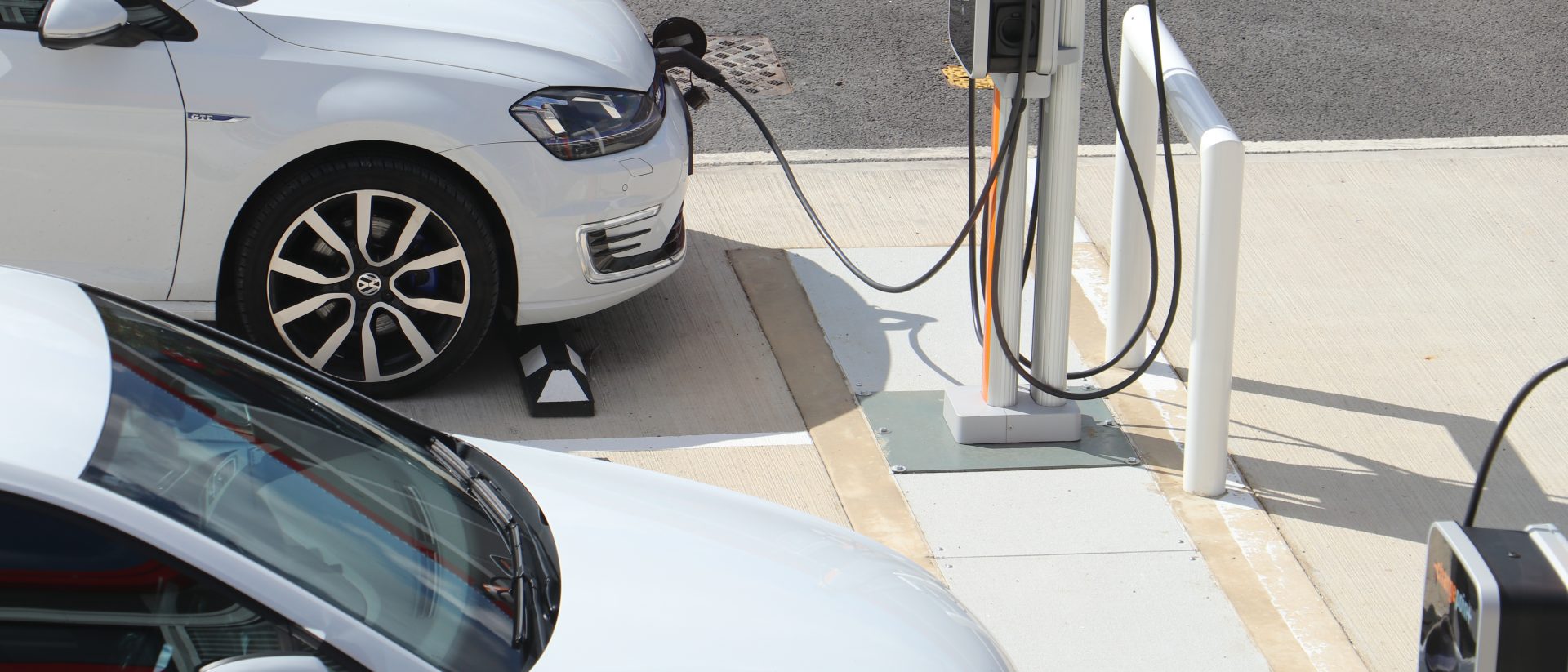REA: BIOENERGY IS THE “LITTLE-KNOWN LEADER” IN BRITISH RENEWABLES
• Bioenergy revealed as largest source of UK renewable energy;
• Bio-power provides 11% of UK’s electricity, equivalent to four Sizewell B Nuclear power stations.
• Biofuels ‘equivalent to taking 1.3 million cars off the road’;
• Bioenergy, including biomass boilers and green gas, has provided 96% of non-domestic renewable heat in the UK – the biggest contributor to heat decarbonisation to date.
The UK’s leading renewables trade body has called on Ministers to renew long-term plans for a world-leading bioenergy industry.
Bioenergy, which uses sustainable biomass and biofuels produced from wood, crops and food wastes, is already the UK’s leading source of renewable energy, meeting 7.4% of our total energy needs. Only wind exceeds its output in the renewable power sector.
The Committee on Climate Change projected last year that bioenergy could double as a proportion of the UK’s primary energy supply by 2050. However, promises made in 2012 by the Coalition government to renew its strategy by 2017 failed to materialise, leaving the sector to drift. The gaps in the policy and regulatory framework are now growing, with existing support mechanisms ending, and the pipeline for future bioenergy projects being constrained.
A new report – part of a wider REA review of bioenergy – reveals its role as a major contributor to cutting emissions and boosting green jobs. Bio-based fuel technologies are estimated to cut 19.7 million tonnes of CO2e in 2017, replacing £21 billion worth of fossil fuels and supporting 46,000 jobs throughout the UK.
The report is the first instalment in the REA’s Bioenergy Strategy, an industry-led review of bioenergy’s potential and the policies needed for it to maximise potential through to 2030 and beyond.
REA Chief Executive Dr Nina Skorupska said:
“Whilst wind and solar rightly get huge credit for their achievements, bioenergy is the little-known leader in British renewables.”
“Bioenergy provides something special in each of our energy sectors. It offers diverse sources of energy that fuel British transport, heat and electricity – as well as boosting British industry. That helps our energy security, cuts costs, backs up other renewables, boosts competition, supports rural economies and creates green jobs.
“There’s amazing, world-beating innovation already happening here. We need to think carefully about how these sectors work together to get competitive, sustainable energy from our domestic and global bio-resource. This means securing existing bioenergy markets in the UK and addressing the widening policy gap to ensure skills and supply chains are maintained to deliver future growth.
“That’s why the REA is taking the lead to review and secure the potential of bioenergy long into the future. I ask government to take note as we need a clearer ambition from Ministers for this important sector. They promised to provide it, yet that’s two years overdue. Time for action.”
Dr Adam Brown, author of the Bioenergy Strategy report, said:
“So far the UK’s been successful in cutting carbon in the electricity sector, with biomass playing its part by stabilising the renewable power supply. The progress has been astounding in the last decade, and whilst impressive, the power sector is the comparatively easy task.
“Next comes transport and heat, where we’ve made much less progress. Bioenergy isn’t the whole answer but it’s already been the main contributor in both those sectors. Where it goes next – and how we get there – is what we’re examining in a way that no one else has in recent times.”
—ENDS—
For more information or to request an interview, please contact:
Hayley Allen
External Affairs Officer
+44 (0)20 7981 0862
[email protected]
Notes to editors
• The full Bioenergy in the UK – the State of Play report can be found here: https://www.r-e-a.net/resources/rea-publications
• Further information on the Bioenergy Strategy can be found here: www.bioenergy-strategy.com
• The project was commissioned after government failed to fulfil a promise to review its own 2012 strategy. Follow-up reports are planned over the Spring and Summer to set a vision and policy agenda for the sector.
• Over 50 industry stakeholder organisations have been engaged with the project to date, with representation from across the power, heat and transport sectors. This has included industry, academia and civil servants.
• The next report will focus on the ‘Vision of Bioenergy for the future’ assessing the potential contribution of bioenergy by the end of the 5th carbon budget in 2032 through to 2050
• The Government’s 2012 Bioenergy Strategy can be found here: https://www.gov.uk/government/uploads/system/uploads/attachment_data/file/48337/5142-bioenergy-strategy-.pdf
About the Renewable Energy Association (REA)
The REA is the UK’s largest trade association for renewable energy and clean technologies with around 550 members operating across heat, transport, and power. The REA is a not-for-profit organisation that represents renewable energy and clean technology companies operating in over fourteen sectors, ranging from biogas and renewable fuels to solar and electric vehicle charging. Membership ranges from major multinationals to sole traders.
For more information, visit: www.r-e-a.net

